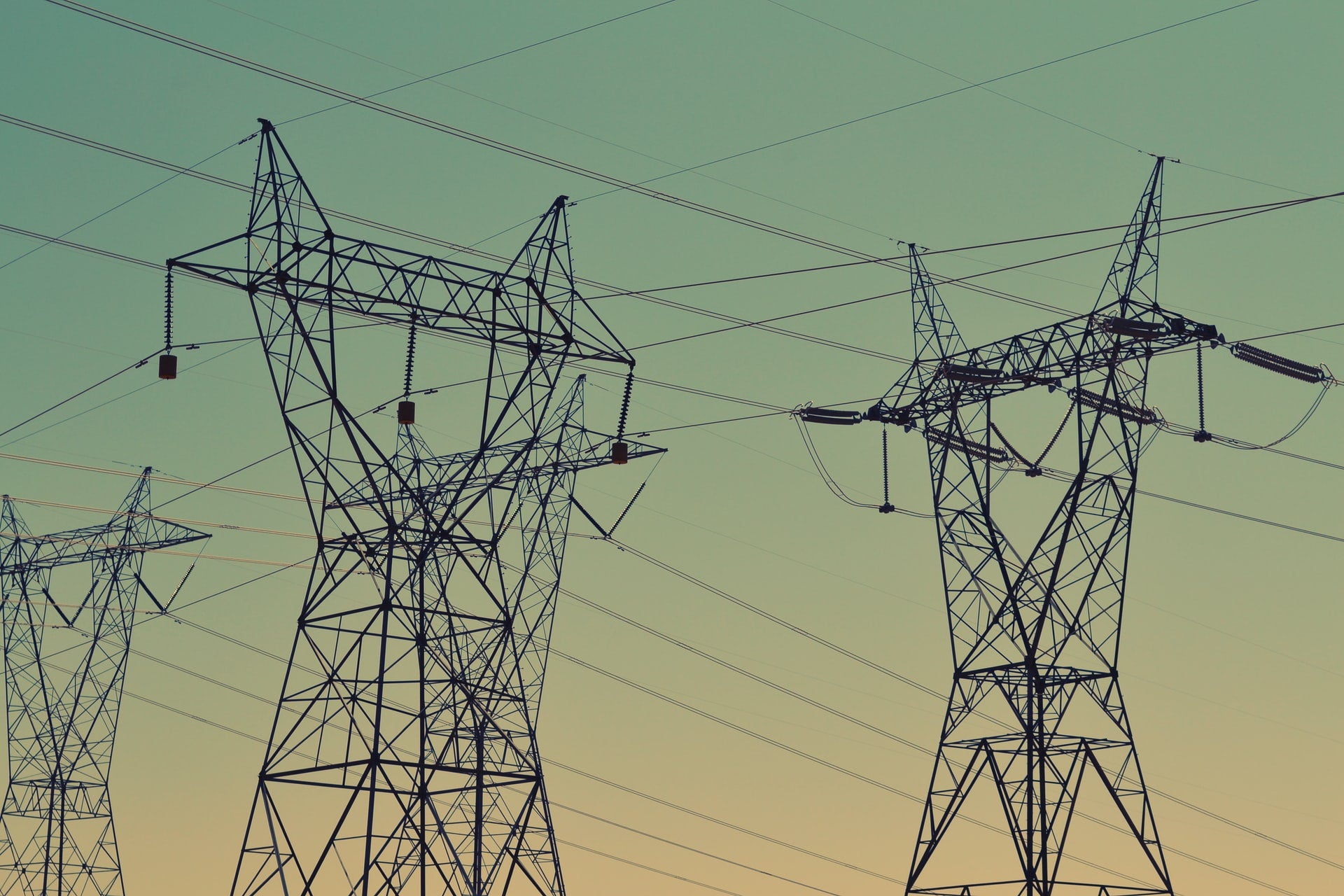
Canadian power company Hydro-Québec has secured approval from the Government of Québec for the Appalaches–Maine Interconnection Line project.
The interconnection line will supply 9.45TWh of clean Québec hydropower a year to Massachusetts and 0.5TWh a year to Maine for 20 years.
The clean energy will help the two US states offset more than three million metric tonnes of greenhouse gas emissions a year.
The decision comes after the completion of a 20-year environmental assessment process and a cooperative effort between the company and local communities.
Upon completion, the project will add 1,200MW of exchange capacity between Québec and New England.
In Québec, the line route will extend 103km between the Appalaches substation in Saint-Adrien-d’Irlande and a connection point in Frontenac, Estrie, on the Québec–Maine border. The Maine line route is 233km long.

US Tariffs are shifting - will you react or anticipate?
Don’t let policy changes catch you off guard. Stay proactive with real-time data and expert analysis.
By GlobalDataThe line will be integrated with the New England Clean Energy Connect (NECEC) transmission line, whose construction works started in Maine last February.
Hydro-Québec president and CEO Sophie Brochu said: “We have reached a major milestone in this project, which will have a significant impact in the fight against climate change and generate economic benefits for both Québec residents and our neighbours to the south.”
The project was reviewed by the Bureau d’audiences publiques sur l’environnement (BAPE), Québec’s office for public hearings on the environment.
In a report released on 4 December, BAPE said that the proposed line route is acceptable from an environmental standpoint and that the electricity transmitted will help decarbonise Maine and Massachusetts’ economies.
The project also secured approval from the Commission de protection du territoire agricole du Québec (CPTAQ) and the Régie de l’énergie du Québec last year.
It will now be assessed by the Commission of the Canada Energy Regulator (CER), the last approval before construction works begin. According to the CER’s procedural timetable, the ruling is expected this year.
The project is due to be commissioned in 2023.
In its construction phase, the project is expected to create more than 275 jobs and generate regional economic spinoffs of between $50m and $80m.
Last February, Hydro-Québec acquired a 19.9% stake in Innergex Renewable Energy by investing C$661m ($496m) through a private placement.



